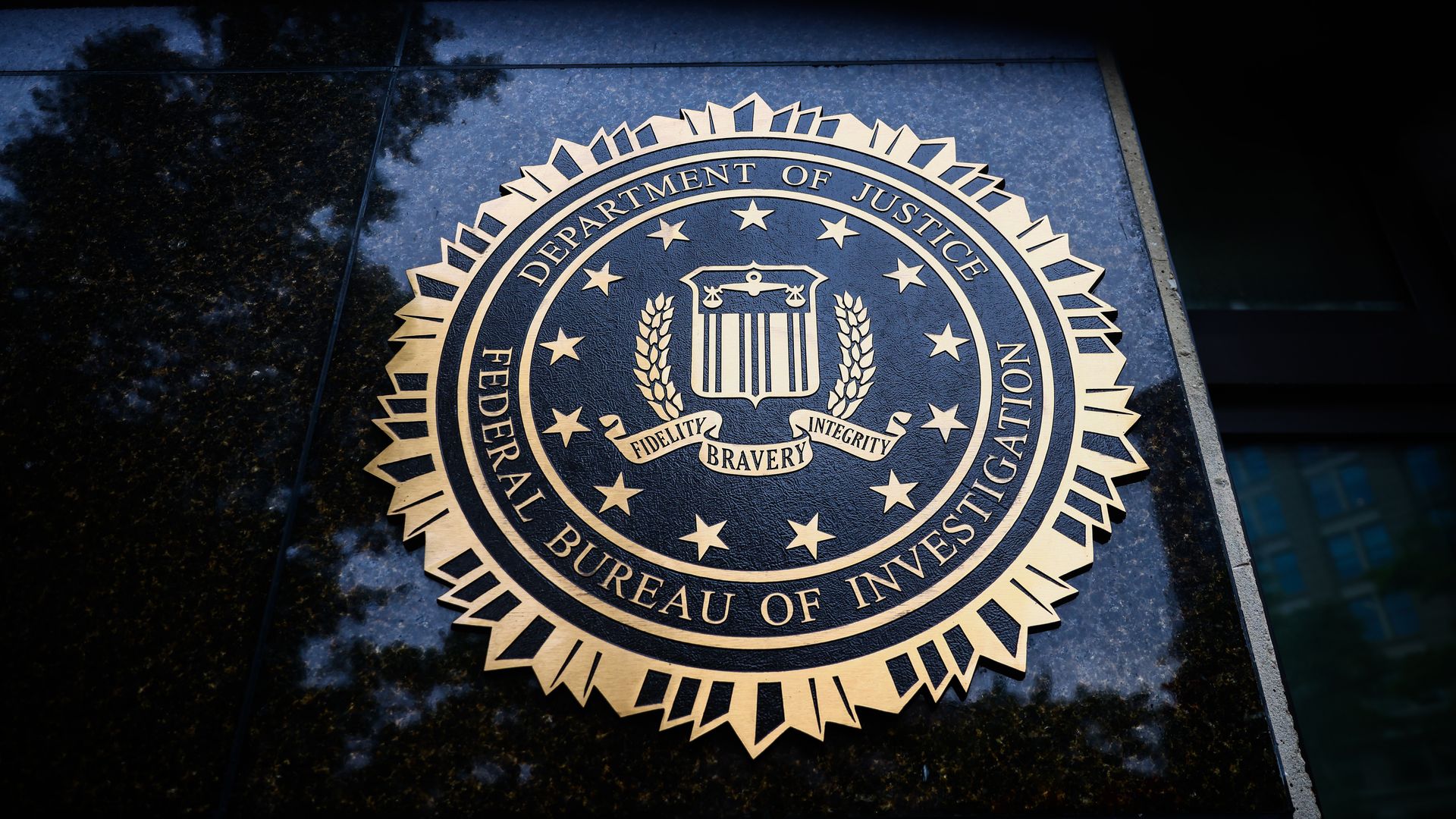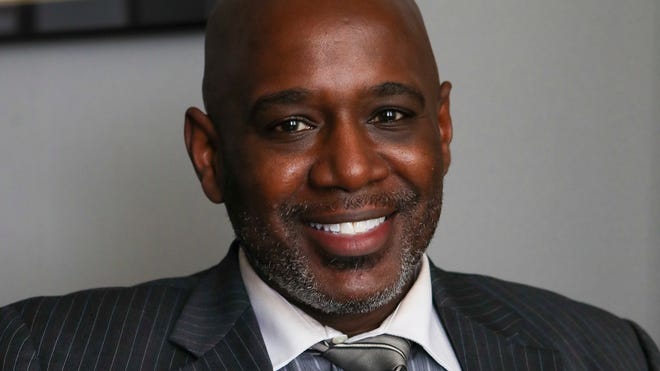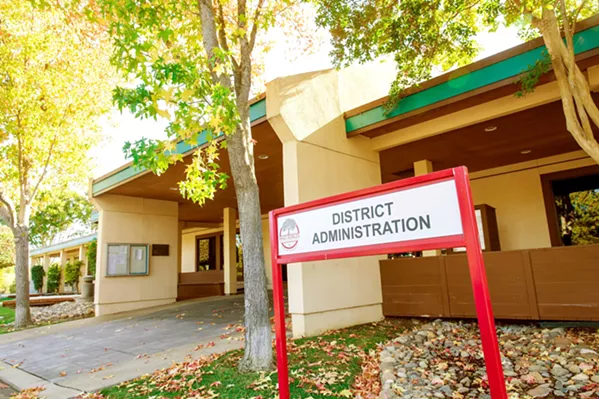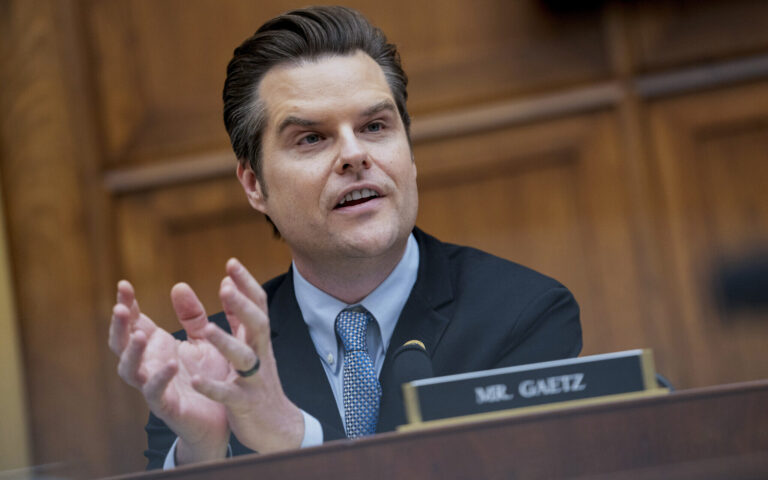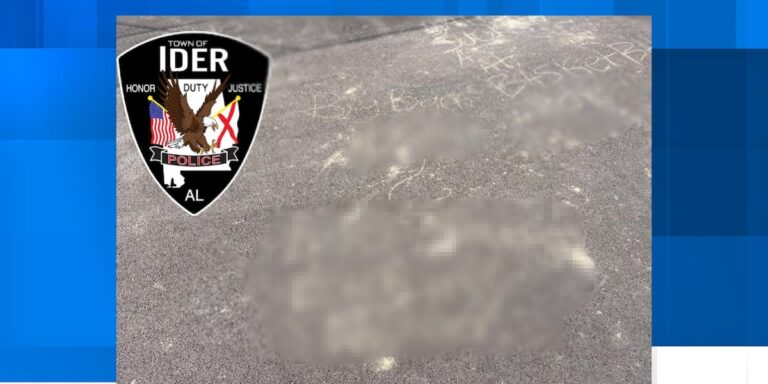FBI Under Fire for Racist Texts Targeting Minorities
FBI in Hot Water Over Racist Texts
The Federal Bureau of Investigation (FBI) has found itself in a whirlwind of controversy following revelations of racist and prejudiced texts exchanged among agents. This shocking behavior has raised eyebrows and ignited conversations around systemic racism and bias within a federal agency that claims to uphold justice for all. Let’s dive deep into what happened, the implications, and how it affects communities across the country.
The Incident That Shook the Bureau
Imagine scrolling through your social media feed and stumbling upon screenshots that show someone mocking a specific ethnicity or minority group. You’d probably feel a mix of disbelief and anger, right? Well, that’s only a fraction of the feeling that erupted when the news broke about certain FBI agents exchanging vile texts targeting individuals on the basis of race, gender, and sexual orientation. Several texts reportedly ridiculed Hispanic, Black, and LGBTQ+ communities—groups that already face challenging societal hurdles.
These incidents weren’t just isolated mistakes; they paint a larger picture of bias that raises critical questions about how deeply entrenched attitudes can influence law enforcement practices. The exposure of these texts has sent shockwaves not only through the FBI itself but also across the nation, prompting debates about trust and accountability in federal agencies.
Why This Matters: The Broader Context
To understand the implications of this scandal, it’s vital to grasp the environment in which these texts were exchanged. In an era where social justice movements like Black Lives Matter and advocacy for LGBTQ+ rights are at the forefront, the trust in institutions that are supposed to protect all citizens is under scrutiny.
Systemic Issues Within Law Enforcement
When we think about systemic racism, various thoughts can come to mind. Is it a lack of diversity in leadership? Maybe unfair treatment in arrests and sentencing? But what happens when the very agents sworn to protect and serve express bias in private messages? You see, when racist ideologies seep into the daily operations of law enforcement, it creates an imbalance that can lead to discrimination against already marginalized groups.
The problem isn’t just about a few rogue agents spewing toxic thoughts. It’s about a culture where such comments are tolerated, or worse, go unchecked. The FBI, being an institution that deals with the law and public safety, must not only enforce but embody fairness and justice.
Public Reaction: Outrage and Calls for Accountability
Once the news spread like wildfire, social media erupted, and responses ranged from outrage to calls for accountability. Many individuals expressed their disappointment, demanding an investigation and swift actions against those responsible for fostering an environment of hatred.
What can the public do? Here are a few options:
It’s vital to remind ourselves that while laughter often accompanies jokes, the implications of biased humor can have serious consequences. In law enforcement, it’s not just a joke—it’s a reflection of a mindset that can influence serious actions and policies.
Possible Consequences for the FBI
So where does the FBI go from here? Addressing such a scandal requires more than just a written apology.
Potential Fallout
- Internal Investigations: The FBI will likely initiate thorough inquiries to identify not only the individuals involved but also to assess the broader culture within the agency.
- Policy Changes: Reforming internal policies to address racism and discrimination could be in the pipeline, alongside training programs aimed at promoting inclusivity.
- Legal Implications: Depending on the findings, the agency could face lawsuits from affected individuals or civil rights organizations.
- Public Trust: The road to rebuilding trust with communities of color will be long and arduous but essential for the legitimization of the FBI’s role.
The Ripple Effect
The consequences of this behavior extend beyond the FBI. It affects how citizens view law enforcement agencies across the country. Will people feel safe reporting crimes? Will they believe in justice when there’s evidence of bias? These questions can lead to broader societal implications, potentially deepening divides between communities of color and law enforcement.
Moving Forward: A Call for Reform and Change
If we are serious about eradicating systemic racism, this incident presents an opportunity for meaningful dialogue and reform. It’s essential for both lawmakers and community leaders to come together and call for transparency.
Leadership Accountability
Leadership is crucial in shaping an organization’s culture. It requires proactive measures to not only address the problem at hand but to also foster an environment of honesty, respect, and equality. Federal leaders should be held accountable and must take an active role in creating reforms within the Bureau.
Empowering Communities
Engaging communities in discussions about law enforcement practices is equally important. Offering platforms where individuals can share experiences could bring to light the issues faced daily. Building partnerships between the FBI and community organizations can promote understanding, mutual respect, and ultimately, bridge the gap of trust.
Conclusion
The FBI’s recent scandal involving racist texts is far more than a moment of shame; it opens a needed conversation about discrimination within federal law enforcement agencies. By reflecting on the problems that this incident highlights and by actively engaging in reform, we can hope for a future where such incidents become an anomaly rather than the norm. Trust, accountability, and honesty must be the bedrock of any law enforcement agency, as these are the qualities that ultimately ensure justice is served for all.
FAQs
-
What sparked the FBI controversy?
The controversy arose from reports revealing that certain FBI agents exchanged racist and prejudiced texts targeting various minority groups. -
What are the potential repercussions for those involved?
Involvement could lead to internal investigations, policy changes, legal ramifications, and a significant loss of public trust. -
How does this issue relate to systemic racism?
The exchange of racist texts in an influential law enforcement agency points to deeper systemic issues that could manifest in biased law enforcement practices.
-
What can be done to ensure this doesn’t happen again?
Reforms in internal policies, expanded training on diversity and inclusion, and greater community engagement are essential steps to prevent such behavior. -
Why is rebuilding public trust important?
Public trust is fundamental for effective law enforcement. If communities distrust officers, it undermines the ability to maintain peace and order, making it harder to address crime and protect citizens effectively.

